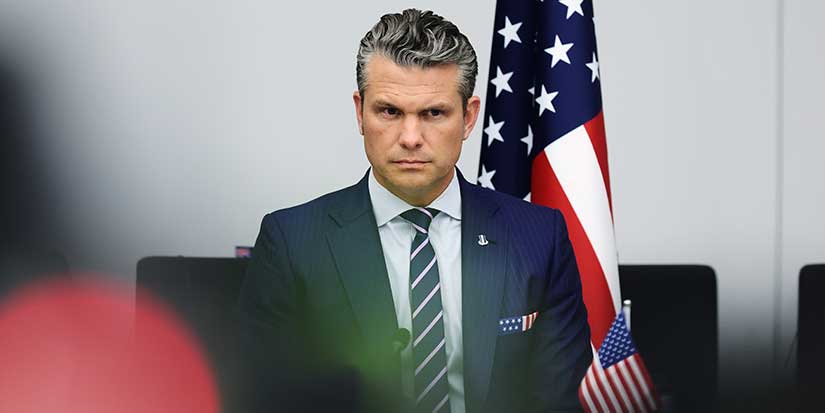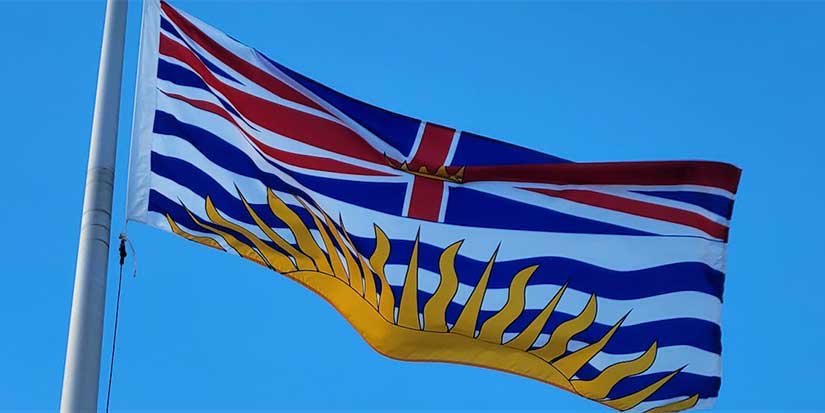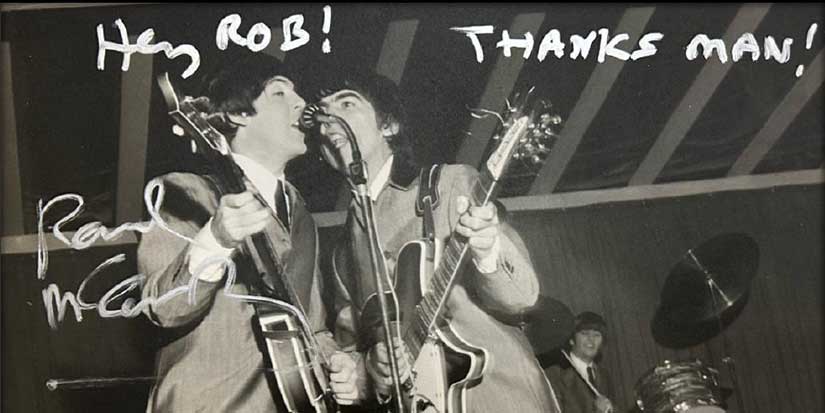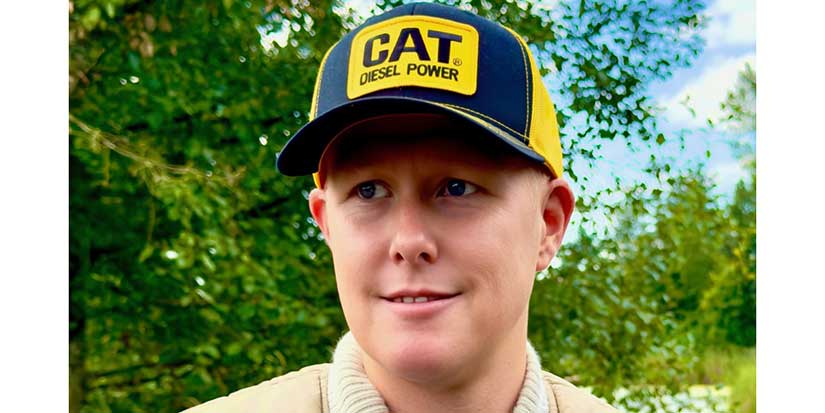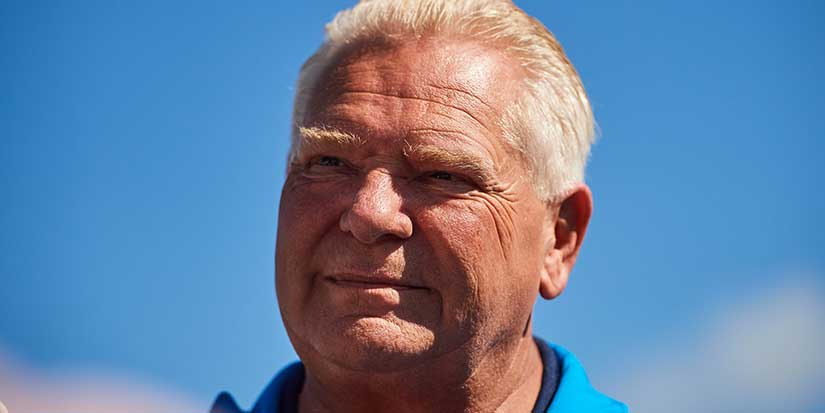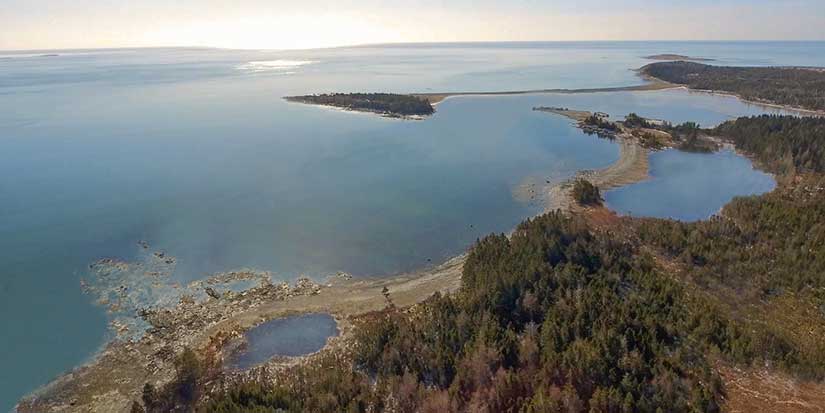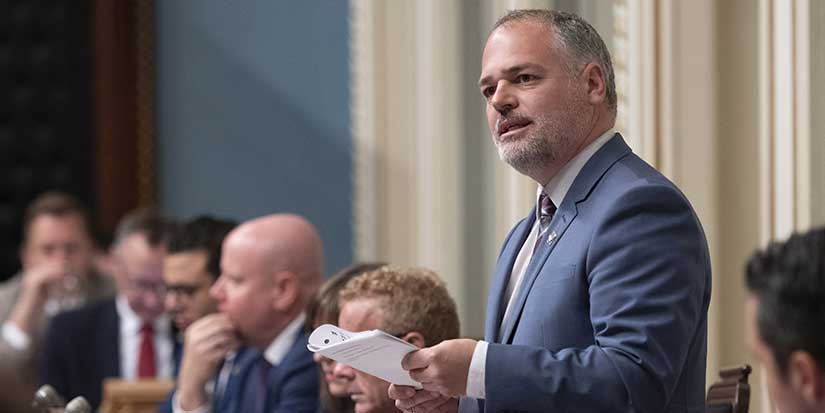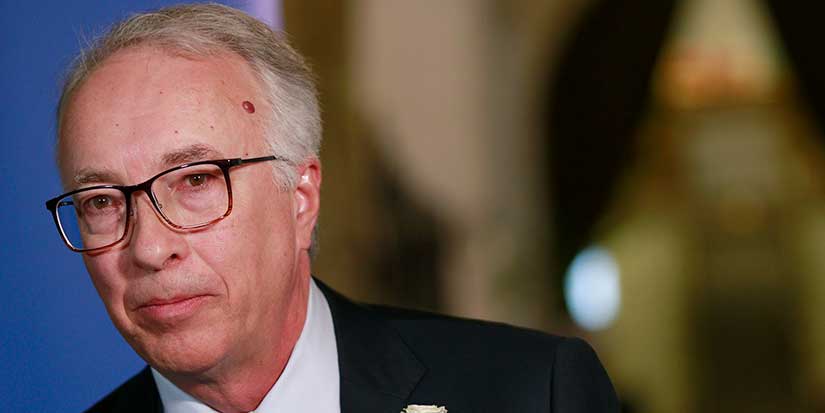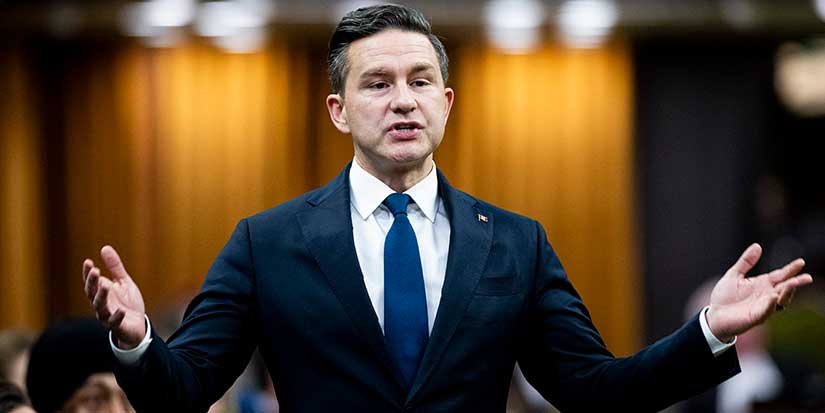International
US strikes eighth alleged drug-carrying boat, this time in the Pacific Ocean
Published 11:59 PDT, Wed October 22, 2025
Last Updated: 1:02 PDT, Wed October 22, 2025
—
WASHINGTON (AP) — The U.S. military launched its eighth strike against an alleged drug-carrying vessel, killing two people in the waters of the eastern Pacific Ocean, Defense Secretary Pete Hegseth said Wednesday, marking an expansion of the Trump administration's campaign against drug trafficking in South America.
The attack Tuesday night was a departure from the seven previous U.S. strikes that had targeted vessels in the Caribbean. Hegseth said on social media that the latest strike killed two people, bringing the death toll to at least 34 from attacks that began last month.
The strike represents an expansion of the military's targeting area as well as a shift to the waters off South America where much of the cocaine from the world’s largest producers is smuggled. Hegseth’s post also draws a direct comparison between the war on terrorism that the U.S. declared after the Sept. 11, 2001, attacks and the Trump administration's crackdown.
“Just as Al Qaeda waged war on our homeland, these cartels are waging war on our border and our people,” Hegseth said, adding “there will be no refuge or forgiveness — only justice.”
Republican President Donald Trump has justified the strikes by asserting that the United States is engaged in an “armed conflict” with drug cartels and proclaiming the criminal organizations unlawful combatants, relying on the same legal authority used by President George W. Bush's administration when it declared a war on terrorism.
Targeting a boat in a thoroughfare for cocaine smuggling
In a brief video Hegseth posted Wednesday, a small boat, half-filled with brown packages, is seen moving along the water. Several seconds into the video, the boat explodes and is seen floating motionless on the water in flames.
The U.S. military has built up an unusually large force in the Caribbean Sea and the waters off the coast of Venezuela since this summer, raising speculation that Trump could try to topple Venezuelan President Nicolás Maduro. Maduro faces charges of narcoterrorism in the U.S.
In his posts on the strikes, Trump has repeatedly argued that illegal narcotics and the drug fentanyl carried by the vessels have been poisoning Americans.
While the bulk of American overdose deaths are from fentanyl, the drug is transported by land from Mexico. Venezuela is a major drug transit zone, but the eastern Pacific Ocean, not the Caribbean, is the primary area for smuggling cocaine.
Colombia and Peru, countries with coastlines on the eastern Pacific, are the world’s top cocaine producers. Wedged between them is Ecuador, whose world-class ports and myriad maritime shipping containers filled with bananas have become the perfect vehicle for drug traffickers to move their product.
The administration has sidestepped prosecuting any of the occupants of the alleged drug-running vessels after returning two survivors of an earlier strike to their home countries of Ecuador and Colombia.
Ecuadorian officials later said they released the man that was returned, saying that they had no evidence he committed a crime in their country.
Questions from Congress as strikes continue
Lawmakers from both political parties have expressed concerns about the military actions. But the Republican-controlled Senate recently voted down a Democratic-sponsored war powers resolution, mostly along party lines, that would have required the president to seek authorization from Congress before further military strikes.
Some Republicans have asked the White House for more clarification on its legal justification and specifics on how the strikes are conducted, while Democrats insist they are violations of U.S. and international law.
Sen. Rand Paul, R-Ky., has clashed with Vice President JD Vance about the strikes and said during a floor speech that "Congress must not allow the executive branch to become judge, jury and executioner.”
Rep. Adam Smith of Washington state, the top Democrat on the House Armed Services Committee, called this week for a hearing on the strikes after the commander overseeing the South American region abruptly announced his early retirement.
In a statement, Smith said he has “never seen such a staggering lack of transparency on behalf of an Administration and the Department to meaningfully inform Congress on the use of lethal military force.”
———
Associated Press writer Regina Garcia Cano in Caracas, Venezuela, contributed to this report.
– Konstantin Toropin, The Associated Press
